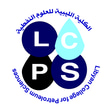Elective Courses
Application of EOR
Code : PE431 Unit : 9 Prerequisite : PE422*
Enhanced oil recovery (EOR) theoretical principles, methods, criteria forselection. Analysis of reservoir and fluid data for EOR purposes. Recoveryevaluation, economics and statistics of EOR, pilot projects, EOR techniquesmethods: thermal methods (combustion steam) chemical flooding,hydrocarbon miscible; immiscible, micellar flooding, gas system (naturalgas, Co2), polymer flooding methods. EOR requirements andimplementation, performance, follow up, evaluation of project at certainstages, prediction.
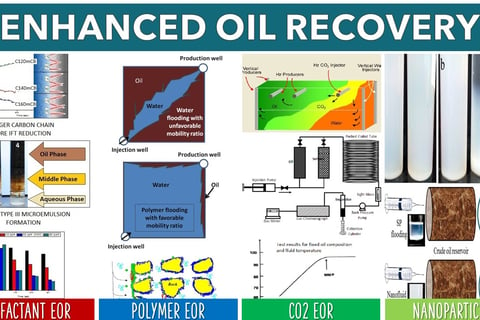

Reservoir Management
Code : 432 Unit : 9 Prerequisite : PE321
Exploration Background - Reservoir Engineering Activities - PossibleTechnical Solutions - Economic Analysis - Decision Criteria.
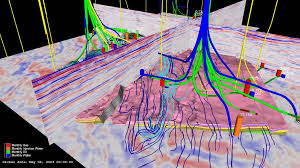

Corrosion in Oil Industry
Code : PE433 Unit : 9 Prerequisite : GS212
Introduction: Direct and Indirect Corrosion Losses - Electrochemical -Mechanism - Metallic Passivity - Corrosion Rats Expression – EconomicConsideration: Net Present Value Method & its Application in CorrosionControl - Corrosion Forms: Uniform Attack, Galvanic Corrosion, ErosionCorrosion – Stress Corrosion: Forms, Mechanisms, Factors Affect,Prevention and Control - Cathodic & Anodic Protection - Isolation &Coating - Metals of Constructer: Stainless Steel, Copper, Aluminum, Lead,Nickel, Titanium, Tantalum - Corrosion Inhibitors: Mechanics &Applications - Corrosion Charts.
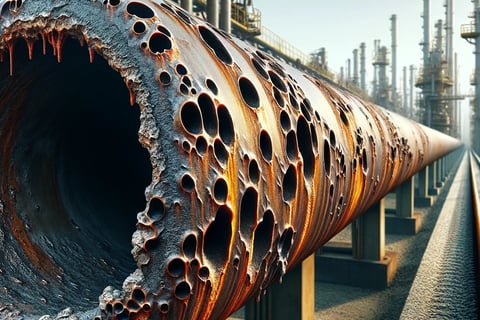

Fuel & Combustion
Code : PE434 Unit : 9 Prerequisite : GS212
Introduction - Heating Value - Combustion Calculations - Heat Loss in Fuel Gas - Flame Temperature - Stack Draft Calculation - Stack Height & Diameter - Classification of steam - Shifting Reaction to CH4 production -Fuel: Solid Fuels: Content, Classifications - Liquid & Gas Fuels: Refinery Processing of Crude Oil - Natural Gas: Liquefied Natural Gas - Secondary Fuels: Conversion Processes: Cracking and Reforming - Fuel & Energy:Electricity from Combustion – Solar Energy - Atomic Energy - Wind energy- Tide energy - Energy by Non-Combustion Processes..
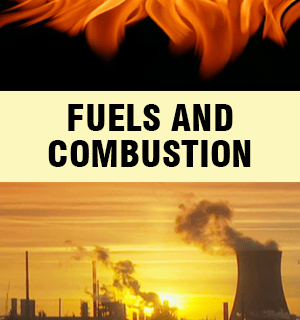

Oil Property Evaluation
Code : PE435 Unit : 9 Prerequisite : PE321 & PE425
Economical and technical aspect necessary for the evaluation of a petroleum property with special emphasis on application to the oil industry in Libya.Field development stages. Technical evaluation. Original oil in place,reserve types, decline curves. Economical aspects: Libyan oil laws andagreements. Net profit. Present worth, profit parameters, feasibility ,optional analysis. Filed development decision –making. Influencing factors.Risk, ventures. Oil market and prices . Government oil policy. Financing,capital for oil projects. Technical and scientific development, technology transfers.


Project Management
Code : PE436 Unit : 9 Prerequisite : PE325
Concepts, development of industrial management. Objectives. Planning organization, follow up, supervision, control evaluation. National planning,national plan preparation. Stages of industrial project: studies, evaluation and execution of the projects. Optional analysis. Field surveys and studies,market studies, economical studies, input, output, technical studies. Indicator for the choices of technology, technology updating. Feasibility, profitability analysis of the projects. Progress, targets, achievements, time schedule. Feedback, flow of data, information, presentation, preparation of technical reports.


